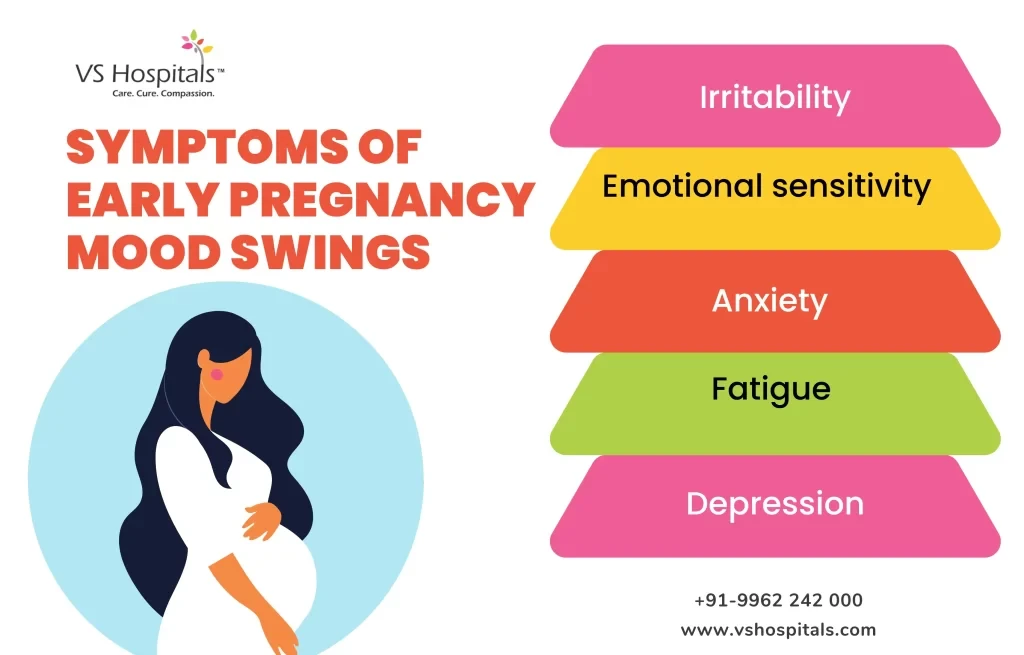Pregnancy is a beautiful and transformative experience for many women. However, it is also a time of significant hormonal changes that can affect a woman’s emotional wellbeing. It is important to understand the emotional changes that occur during pregnancy, so you can better support yourself or a loved one during this delicate time.
Hormonal Changes and Mood Swings
One of the most common emotional changes that women experience during pregnancy is mood swings. Hormonal fluctuations, particularly changes in estrogen and progesterone levels, can lead to sudden shifts in mood. One moment, a pregnant woman may feel elated and excited about the upcoming arrival of her baby, and the next, she may feel anxious or overwhelmed.
It is important to remember that these mood swings are a normal part of pregnancy and are not a reflection of your character or abilities as a mother. In most cases, they will subside after the first trimester as your body adjusts to the hormonal changes.
Anxiety and Fears
During pregnancy, it is common for women to experience heightened anxiety and fears about the health and well-being of their baby. It is natural to worry about pregnancy complications, labor and delivery, and the responsibilities of parenthood. These fears can be overwhelming at times, but it is important to remember that you are not alone.
Seeking support from your partner, family, friends, or a healthcare provider can help alleviate some of these anxieties. Talking openly about your fears and concerns can also help you process your emotions and work through any underlying issues that may be contributing to your anxiety.
Depression and Mood Disorders
In some cases, the emotional changes of pregnancy can lead to more serious mental health issues, such as depression or anxiety disorders. It is estimated that up to 20% of pregnant women experience symptoms of depression during pregnancy, and this can have a significant impact on their overall well-being.
If you are experiencing persistent feelings of sadness, hopelessness, or worthlessness, it is important to seek help from a healthcare provider. Untreated depression during pregnancy can have serious consequences for both you and your baby, so it is crucial to prioritize your mental health and well-being.
Coping Strategies
There are many strategies that can help you cope with the emotional changes of pregnancy and support your mental health. Some effective coping strategies include:
Practice mindfulness and relaxation techniques, such as deep breathing or meditation
Engage in regular physical activity, such as walking or prenatal yoga
Keep a journal to track your emotions and process your thoughts
Connect with other pregnant women or new mothers for support and camaraderie
Seek professional help if you are struggling with your mental health
Remember, it is ok to not be ok during pregnancy. Your emotional well-being is just as important as your physical health, so do not hesitate to reach out for help if you need it. You are not alone on this journey, and there are resources and support available to help you navigate the ups and downs of pregnancy.

